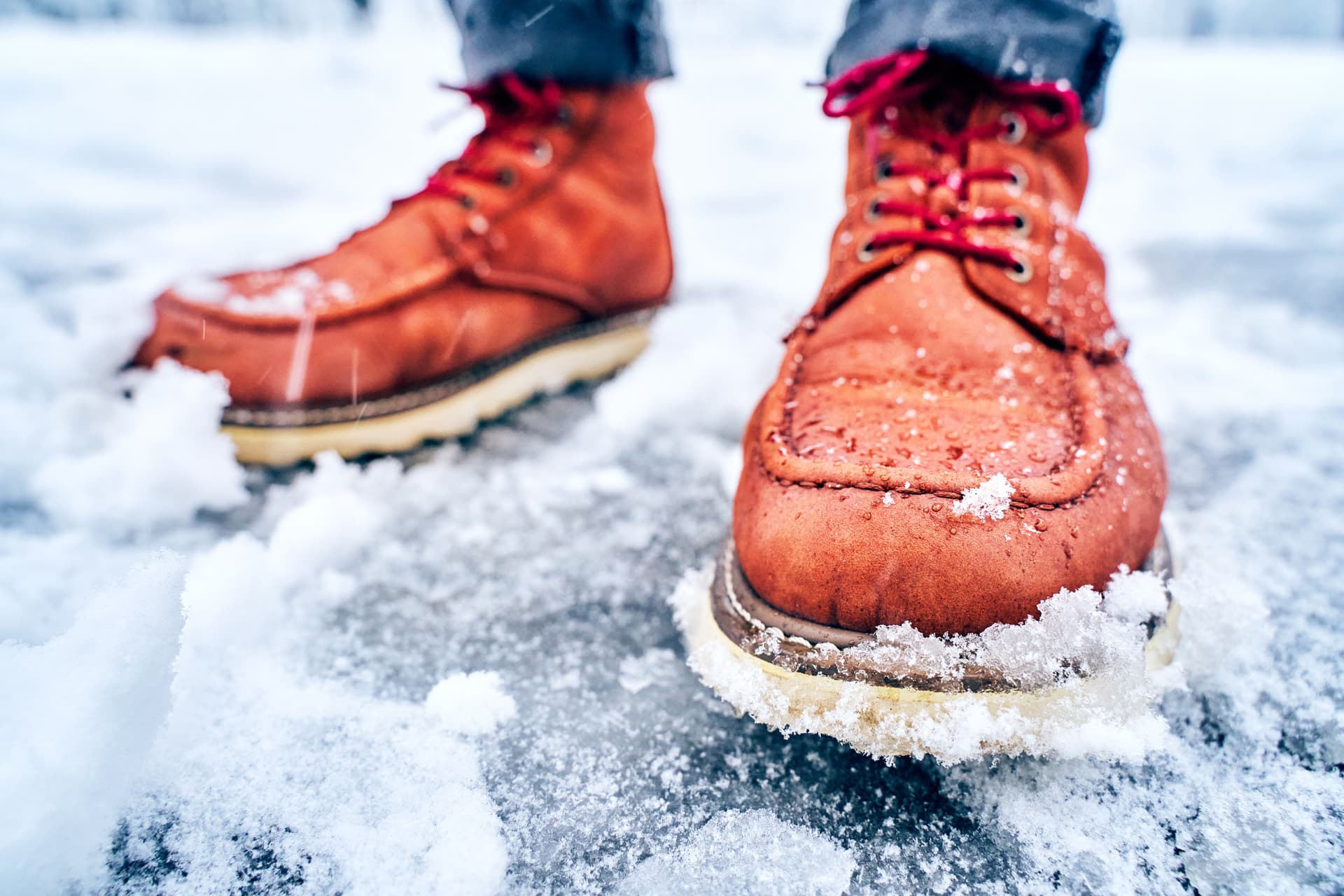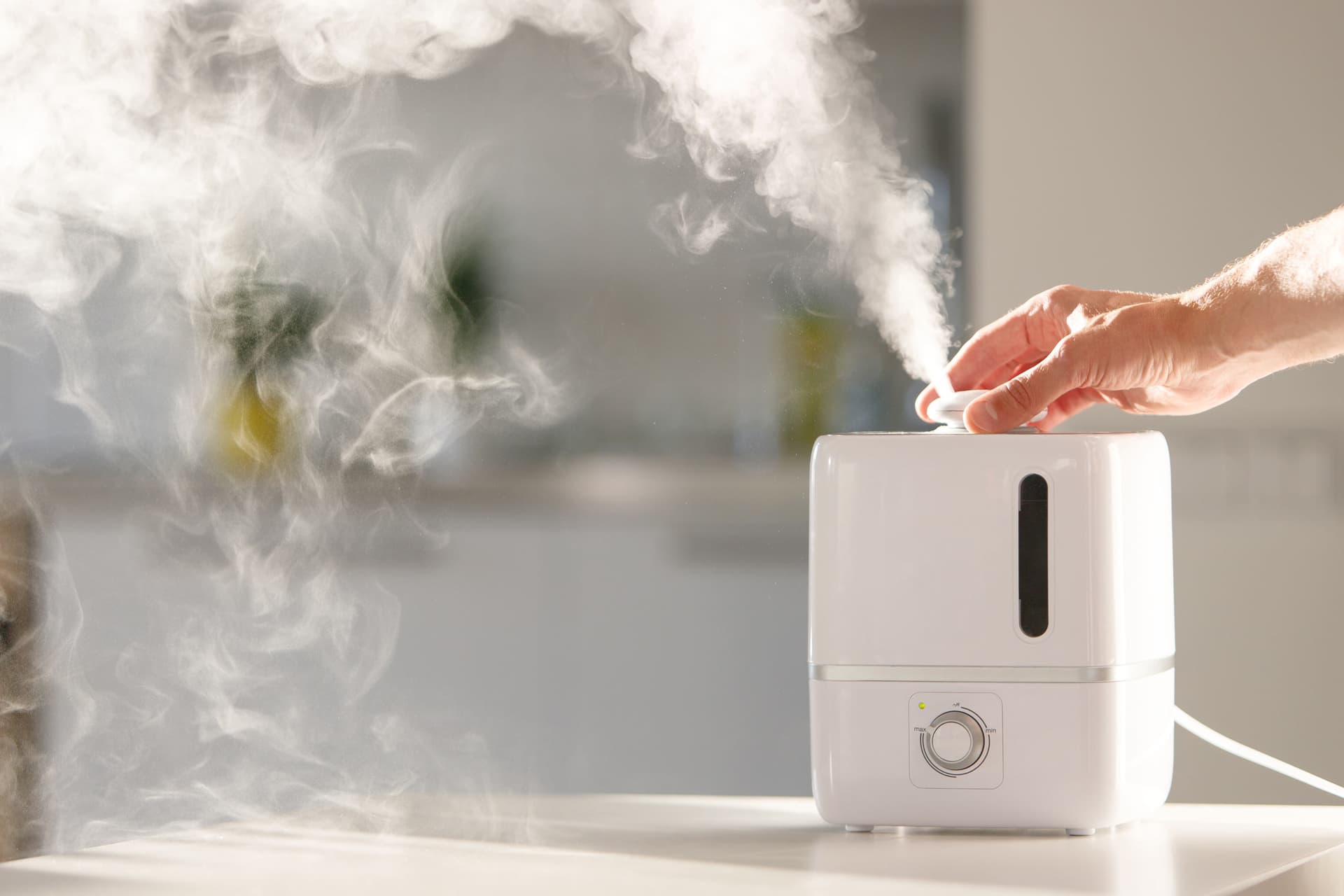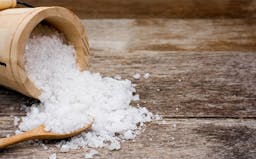How People Get Sick: 8 Lessons on How to Stay Well
Article by:
Amazing Discoveries™ | Jean Handwerk |
9 min read
If you want to know how to not get sick, you need to understand how to get sick first. Many people reason that since germs make us sick we should just avoid germs. Is this even possible? Some estimate that each day we’re exposed to around 60 000 germs, of which 600-1200 are dangerous. Good hygiene which includes washing your hands often is important, but other habits you have can make you sick no matter how often you wash your hands. What do people do to get sick? Here’s how to make yourself sick.
You Can Get Sick By Touching Your Face: First and Second Touches
You get sick by touching something with germs on it then touching your face. Viruses and bacteria are spread by touch. The first touch is not the main problem. That’s the touching of the contaminated surface. Viruses and bacteria do not enter our bodies through the skin unless we have broken skin, such as a cut or rash.
It’s the second touch that causes infection. That’s when we touch a contaminated surface and then touch our mouths, eyes, or nose, which all contain mucous membranes that provide fertile, warm environments for the nasty invaders. About 80% of all infections occur under those circumstances. Most other infections are due to inhaled germs. Want to know how to not get sick? Keep your hands away from your face, no matter what the circumstances are.
You Can Get Sick by Keeping Windows and Doors Closed
We know that cold and flu rates increase in winter, but cold weather does not cause infections. Rather, the way we live in winter can make us sick!
We close windows and doors to conserve heat, and little fresh air comes into our homes. Since our cells need a constant supply of oxygen, we don’t do well in stale air. It is better to dress warmly and open the windows a crack, day and night, than to deprive brain and body cells of vital oxygen.
It is also quite amazing how easily the body can become accustomed to lower temperatures. Many people heat their homes no more than 65° F (18° C) in winter and find that temperature very comfortable, as well as economical.
You Can Get Sick by Wearing Scanty Clothes in Cold Weather
In late fall and winter, fashion-conscious people often continue to wear thin-soled shoes and lightly clothe their legs with ripped jeans, leggings, sheer stockings, or thin tights. This chills the lower extremities. It makes no sense to accumulate layers on the torso but leave the arms and legs mostly exposed.

The arms and legs become chilled in comparison to the torso, and the blood vessels constrict in those colder regions of the body. This constriction forces blood back into the internal organs and brain, burdening them with the excess. Neither brain nor organs work well under these circumstances, and disease can be the result. The work of the heart is especially increased as it tries to equalize blood flow throughout the system. Want to know how to avoid getting sick? Basically, the torso should have as many layers of clothing as the extremities, and the extremities should be kept warm.
You Can Get Sick by Staying Indoors
Avoiding sunlight and breathing stale, oxygen-deprived indoor air can make you sick. It’s rarely too cold to get outdoor exercise each day, even in the dead of winter, but people avoid getting outside when it’s cold. When our minds become dulled by stale air, we don’t have much motivation to get outside—except to remove snow or ice as necessary.
Nevertheless, the more we stay indoors and breathe oxygen-depleted, infected air, the more we are exposed to airborne viruses and bacteria. It’s no wonder the flu and the cold are more prevalent in winter. Everyone tends to huddle indoors. But if ever there was a time to optimize health with exercise and fresh air and sunlight, it is winter!
Once we make getting outside a habit we will receive greater health due to increased circulation, more oxygen to the cells, and the benefits of sunlight.
You Can Get Sick by Eating Refined Sweeteners
Refined sugars like white sugar and high fructose corn syrup depress the immune system. While advertising may romanticize sitting indoors sipping on sweet drinks and eating sweet treats when the weather turns cold, when you do this, you’re actually making your body a cozy environment for microbes. Eating refined sugar is one of the ways you can make yourself sick.
Artificial sweeteners aren’t a better option, however. Along with refined sugars, artificial sweeteners also disrupt the balance of microflora in the gut. Your gut microbiome is a crucial part of your immune system, housing 70-80% of your immune cells.
Want to know how to prevent getting sick? Be careful what you put in your mouth. One thing you can do to keep the beneficial microorganisms in your gut happy is to avoid refined sugars and artificial sweeteners. Read labels. Research has shown that diets rich in fruits and vegetables strengthen the immune system.

You Can Get Sick by Eating Too Much Cooked Food
Diet plays a large role in winter, too. We eat a good deal more cooked or baked food in winter than in summer, because fresh produce is more expensive. But did you know you can make yourself sick by eating too much cooked food and not enough fresh fruits and vegetables? That’s because cooked foods have their vitamins and enzymes destroyed by heat, giving us less necessary nutrition at a time of year when our health is endangered the most. We must be sure to eat fruits and vegetables in as great a quantity as possible and as fresh as possible when nutrient levels are the highest.
Avoid, if possible, fruits and vegetables picked green and shipped long distances. Dehydrated and frozen fruits and vegetables, if eaten uncooked, have far more nutrients than canned produce. Canned or bottled juices have been pasteurized, which destroys their vitamins and nutrients. Water would be a better choice.
You Can Get Sick by Not Getting Enough Rest
If we do not exercise and get exposure to sunlight, we do not sleep as well. The body has not been able to expel toxins from the cells sufficiently, and the resulting state of the body affects all aspects, including the peace of the brain. Sleep deprivation, if prolonged, leads to disease somewhere in the body. If you want to avoid getting sick, despite the cold weather, you need to get outdoors and move around.
Eating less than four hours before bedtime interferes with rest. The body is not able to fully rest as it is still engaged in digestive work, and if one part can’t rest, neither can the other parts, as we are an integrated system of organs.
You Can Get Sick by Breathing Dry Air
Dry inside air helps viruses survive and spread. Viruses cannot thrive in homes or offices when the humidity is kept within an acceptable range. However, in winter that range is often not accomplished, due to heating systems which remove moisture from the air. Once again, our homes are against us in winter, unless we use our God-given common sense.
Whether we use in-system or portable humidifiers, kettles on stoves, or cracked-open windows, we need moisture to keep the mucous membranes of our noses moist enough to work. If the mucus in them dries, the cilia (tiny hairlike projections from certain cells in the respiratory tract that sweep in unison and help to sweep away fluids and particles) can’t function, and we end up with anything from post-nasal drip to lung difficulties such as in flus and colds.

In findings published in the Proceedings of the National Academy of Sciences, Oregon State researchers found that “outbreaks of influenza typically occur in winter when low absolute humidity conditions strongly favor influenza survival and transmission.” In summer, we use air-conditioners to remove humidity from the air, but heated air needs to have moisture added to it.
Furthermore, if the humidity level is low in winter, a person will not feel warm even when the thermostat is set at an average temperature. This will result in turning the thermostat up to compensate, which will increase energy use and raise heat bills. It is wise to purchase a humidistat to monitor the humidity level in the home. A range between 35 to 50% is satisfactory. Finally, ensure adequate internal hydration by drinking plenty of fluids. In summer, fluids are lost through perspiration; in winter, through external dry heat.
Use Your Common Sense
Now that you know how to get sick, you also know how to not get sick. A bit of common sense is fundamental to maintaining health, particularly as the weather cools down and the cold and flu season heats up. A few simple steps can make all the difference.
These statements have not been evaluated by the Food and Drug Administration or Health Canada. Our articles, videos and products are not intended to diagnose, treat, cure, or prevent any disease. If you are pregnant, nursing, taking medication, or have a medical condition, consult your physician before following any recommendations or using any product on our site. You assume sole responsibility for your personal health, and you must use your own discretion under doctor consultation to determine whether any product or recommendation on this site is suitable for your personal situation.








